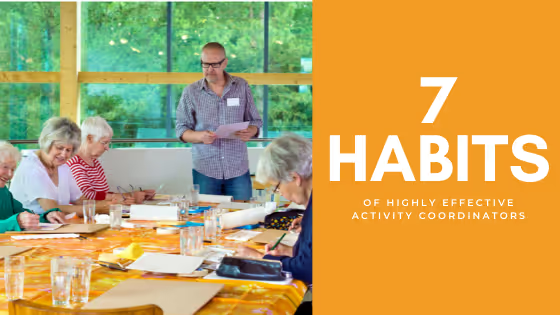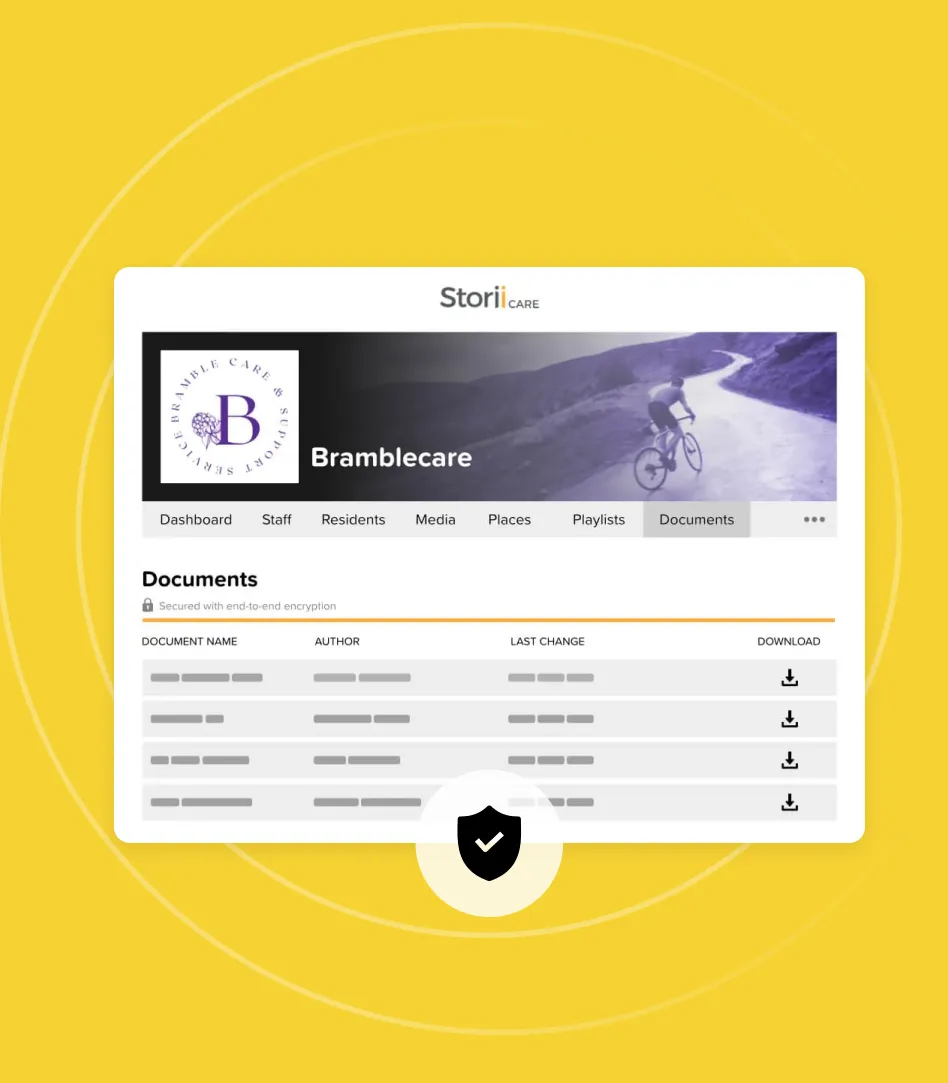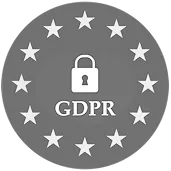The role of Activity Coordinators is often misunderstood. Many hold the perception that this job is all fun and games. Sure, the job itself is rewarding and enjoyable. However, there is much more to the position than having a laugh and coming up with ideas.
Activity Coordinators juggle diverse and far-reaching responsibilities. They create activities that integrate care and meet specific requirements, keep tabs of each resident or client's preferences and capabilities, and offer gentle care. They often engage in building relationships with families and other visitors, acting as the face of the care community. Activity Coordinators organize budgets, materials, locations, benefits, outcomes and transportation. Additionally, they liaise with all roles in the workplace to accomplish their goals, often working alone or with little assistance.
It is important for people working in this role to develop healthy work habits. These habits will help to prevent burnout and retain job satisfaction for longer. Not only will work become easier and more effective, but these habits will ensure there are more time and space for enjoying the enriching parts of the job.
Be Proactive in Enlisting Help
You don't get anything you don't ask for. Think about what you need to be most effective at your job. Do you need input? A budget increase? Information on a resident? More cooperation from nursing staff? Consider what would help you deliver the best results and then be proactive in enlisting help or asking for what you need.
Create Your Vision & Mission Statement
What is it that you're aiming to achieve in your role? Obviously, you can think of big-picture vision. However, it's worth thinking about what you want to get out of a specific project or season, too. Consider writing down a personal mission statement. Put this statement somewhere you'll see it regularly as a constant reminder and guiding light.
Prioritize
It is very easy in this role to get pulled in a million directions. Learning to say no when you need to is key to success, as it allows you to focus on your priorities. Contrary to popular belief, what feels most urgent isn't always what is most important. Each day, take stock of what is on your schedule and make sure to put 'first things first'.
Strive for Mutual Benefit
You will inevitably find yourself in a situation where your wants and needs conflict with another’s. You might not be on the same page as a resident, their family member, management, or a colleague. To practice this habit, it is essential to put yourself in the other's shoes so that you can come up with situations that are mutually beneficial to each party. Certainly, this will not always be possible. However, try to think of ways you can show them how valuable your work is and how important their cooperation is. Above all, find a common goal and collaborate.
Listen First, Recommend Second
Activity Coordinators are keen problem-solvers. They tend to possess a natural drive to make things better for everyone, keep the peace, and create an enriching environment. When conflict arises or they're presented with someone's problem, it can be easy to quickly jump into a fix-it role. While you may want to respond with a solution right away, it is important to proactive active listening first. Seek only to understand first. Wait. Then seek to be understood after you've had time to gather appropriate information.
Practice the Art of Collaboration
Everyone in the care community brings their unique skills and expertise. A team working together, rather than an individual, is better positioned to deliver the best possible outcomes for residents or service users. It is important to be open to other people's insight and perspective, while also putting forth your ideas and personal experience. This synergetic, cross-collaborative environment is where new approaches are discovered and success happens.
Preserve Your Greatest Asset
What is your greatest asset? YOU! Self-care in this role is extremely important. Only you know what you need to renew yourself mentally, emotionally, physically and spiritually. Lacking creative inspiration? Visit another care community and get ideas. Feeling unchallenged? Take a certification course or attend a conference to develop your skills. Need more time? Find an activity software that will help automate some of your processes, freeing you up.




.png)
.png)
.png)










